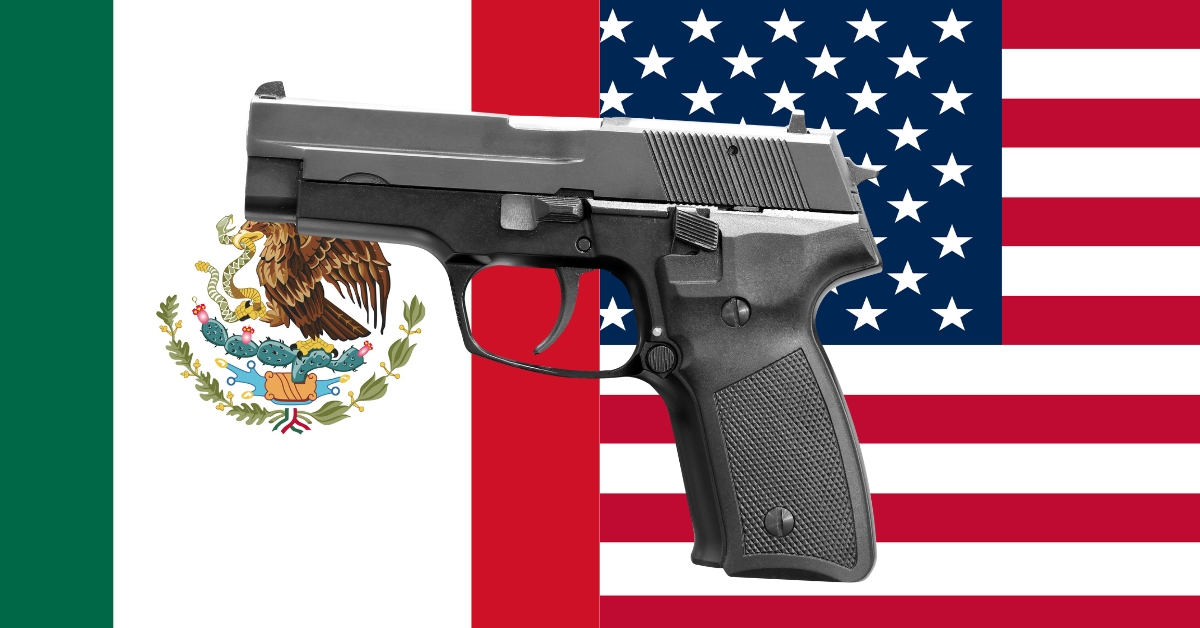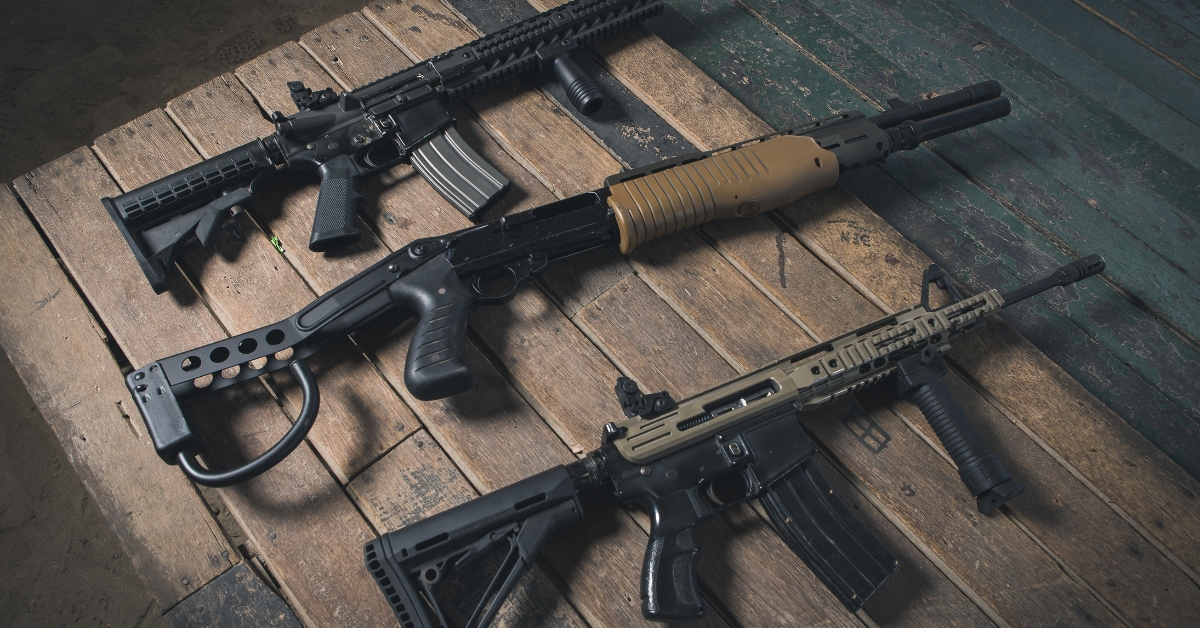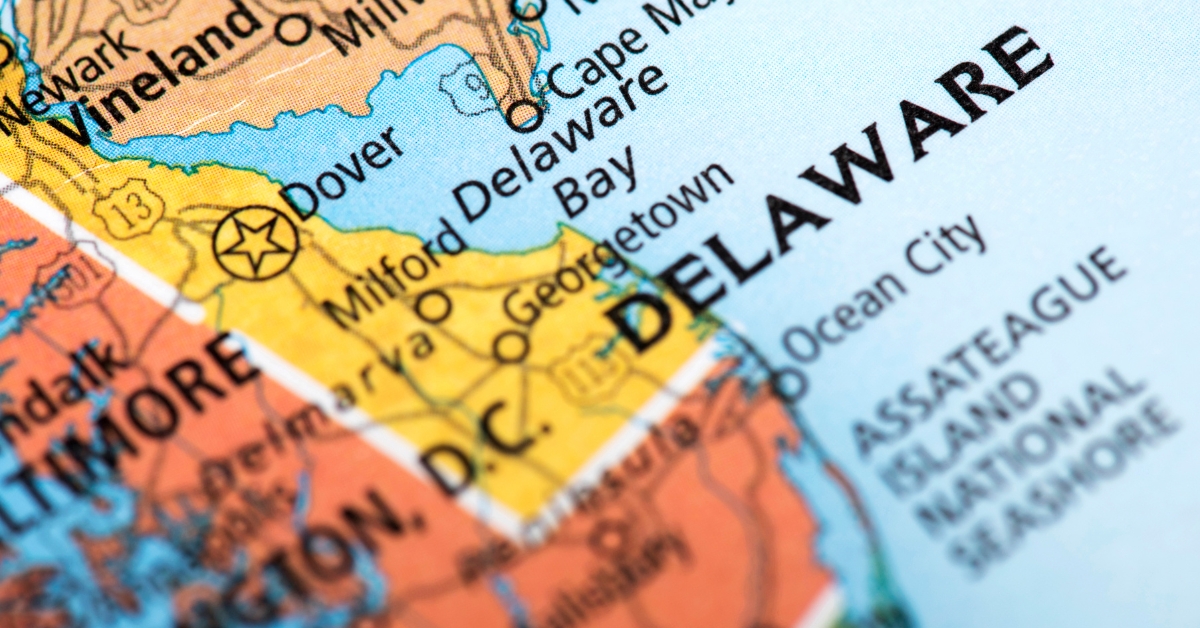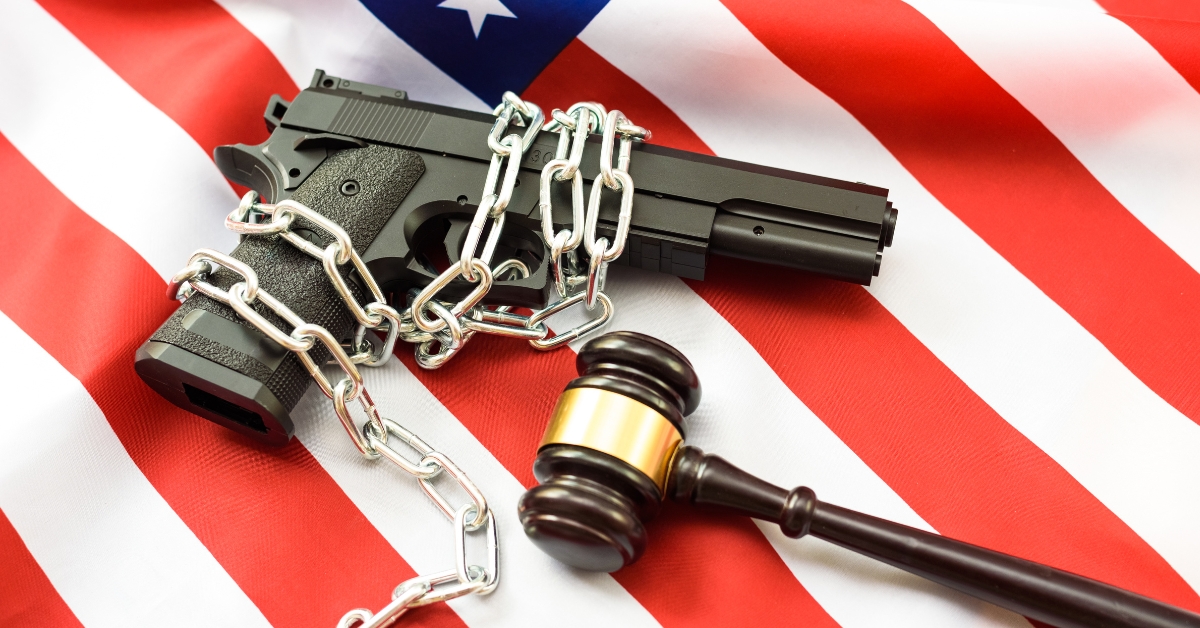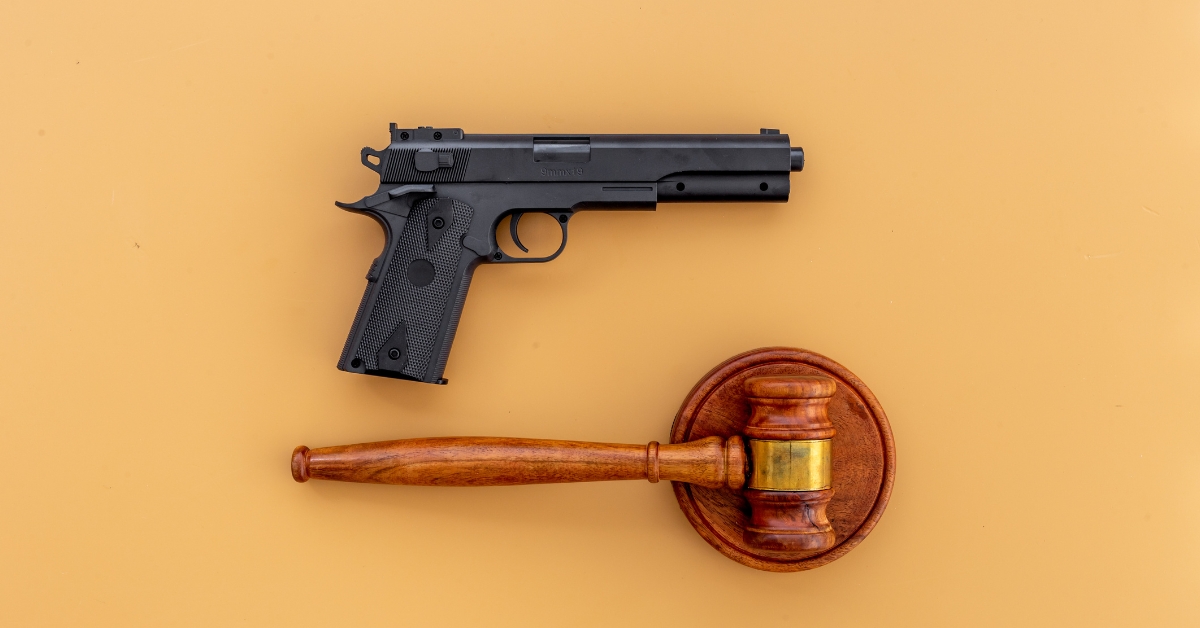
Biden Administration’s 90-Day Freeze on Gun Exports Sparks Controversy
In a late Friday announcement, the Biden administration revealed a 90-day freeze on gun exports, a move that has sparked concern and outrage among those who value Second Amendment rights. This decision is seen as the latest assault on the firearms industry, which the Biden administration has targeted throughout its tenure.
The freeze applies to the approval of new export licenses for the commercial sale of semiautomatic and non-automatic firearms around the world, excluding around 40 countries, including Israel and Ukraine, that are part of an export-control agreement. Countries affected by the freeze include major markets for American gun manufacturers such as Brazil, Thailand, and Guatemala.
The Department of Commerce defended this move, stating that the review of gun exports will be conducted urgently to assess and mitigate the risk of firearms falling into the hands of entities promoting regional instability, violating human rights, or fueling criminal activities.
Critics, however, have raised concerns about the vague language used in the announcement, particularly the term “entities that promote regional instability.” They question whether this includes the Mexican army, which reportedly loses a significant number of its small arms each year. The Bureau of Alcohol, Tobacco, Firearms, and Explosives (ATF) has been previously accused of allowing the illegal flow of small arms south across the border to Mexico.
The Friday night announcement of the freeze was strategically timed to make as few waves as possible in the media, which fits into a broader pattern of the Biden administration’s efforts to restrict gun rights and clamp down on the firearms industry. Since taking office, the Biden administration has made various changes to limit gun rights, such as redefining frames and receivers, banning pistol braces, and reducing funding for schools with hunting safety programs. The creation of a White House “ministry of gun control” further illustrates their approach.
This 90-day pause in export licensing coincides with the withdrawal of the Commerce Department’s support for the National Shooting Sports Foundation’s SHOT Show, an event scheduled for January 23 to 26. This timing appears to be an attempt to appease hard-line anti-gun activists who have criticized the administration’s perceived lack of action on curbing firearm exports.
Critics argue that the overseas sales of firearms are already strictly regulated and require government approval. The Commerce Department’s robust promotion of the firearms industry has been beneficial for American gun manufacturers, but it has drawn scrutiny and criticism from gun control advocates.
In response to the rule change, Representative Joaquin Castro and Senator Elizabeth Warren have sought answers from the Biden administration regarding the increase in approvals of assault weapons export licenses. They praised the Department of Commerce’s decision to implement the 90-day pause, arguing that firearms from the United States have contributed to violence and instability abroad.
Overall, this move has reignited the debate surrounding Second Amendment rights and the government’s role in regulating the firearms industry. While gun control advocates welcome the pause, supporters of the Second Amendment and the firearms industry express concerns about the implications and consequences of such decisions.
